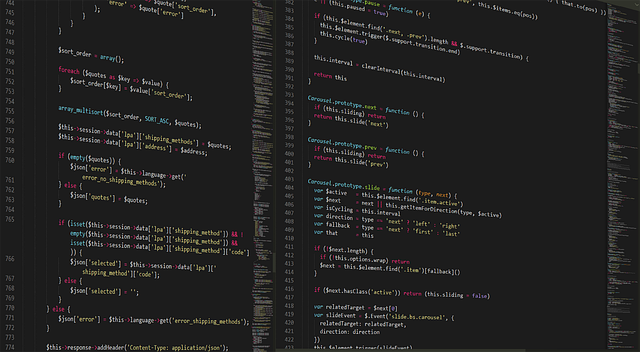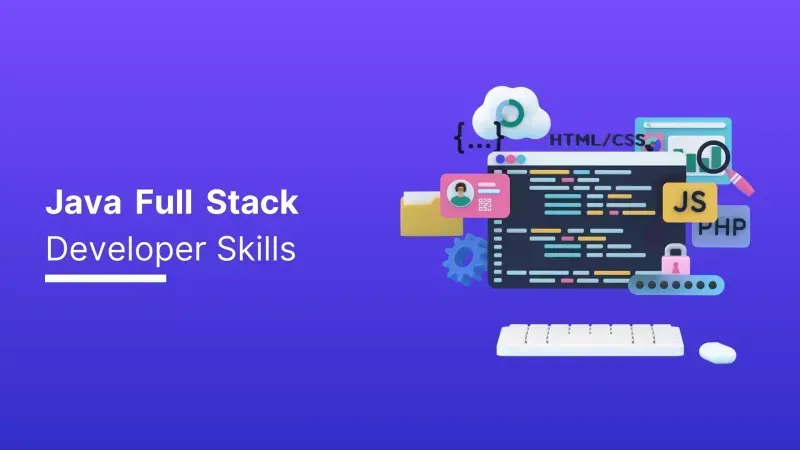What is PHP? Uses, Features, and Real-World Applications

Strong 8k brings an ultra-HD IPTV experience to your living room and your pocket.
If you've ever browsed a dynamic website, submitted an online form, or managed content on a platform like WordPress, there's a good chance PHP was working behind the scenes to make it all happen.
PHP (Hypertext Preprocessor) is a powerful, open-source server-side scripting language that’s been shaping the web for over two decades. Despite the rise of newer programming languages and frameworks, PHP continues to dominate in terms of usage, adaptability, and community support.
In this blog, we’ll break down what PHP is, why it remains so relevant, and how it’s used in real-world development from simple websites to high-performance web applications.
What is PHP?
PHP is a general-purpose scripting language designed specifically for web development. PHP, which was created by Rasmus Lerdorf in 1994, was originally a collection of tools to record visits to a personal site of his — hence the original name, "Personal Home Page." Today it stands for Hypertext Preprocessor, a recursive acronym that emphasizes its ability to create dynamic HTML pages.
PHP scripts are executed by the server, and the resulting output is returned to the browser as plain HTML.
What makes PHP stand out is its simplicity for beginners and depth for professionals. It integrates effortlessly with HTML and CSS, connects smoothly with most databases, and works on almost any operating system or server.
Core Features of PHP
Here is what makes PHP such a valuable asset in a developer’s toolkit:
1. Server-Side Execution
PHP scripts run on the server, allowing for secure, fast, and dynamic content delivery.
2. Database Integration
PHP supports MySQL, PostgreSQL, SQLite, and more, offering developers flexibility in how they store and retrieve data.
3. Cross-Platform Compatibility
PHP works on all major operating systems, including Linux, Windows, and macOS.
4. Open Source
Free to download and use, PHP is supported by a massive global developer community.
5. HTML Compatibility
PHP can be embedded directly into HTML files, allowing for a seamless coding experience.
6. Support for Modern Frameworks
PHP has an ecosystem of powerful frameworks—like Laravel, Symfony, and CodeIgniter—that speed up development and enforce best practices.
Practical Uses of PHP in Web Development
1. Dynamic Websites and User Interactions
Static websites serve the same content to every visitor. Dynamic websites, on the other hand, adapt to each user. Think of a personalized dashboard, a live newsfeed, or an e-commerce product page that remembers your preferences—that’s PHP in action.
With PHP, developers can:
- Display personalized greetings based on login status
- Show real-time inventory and pricing updates
- Recommend products or content based on user history
2. Database Operations Made Simple (CRUD)
PHP is one of the most reliable languages when it comes to managing database operations. It supports the full range of CRUD operations—Create, Read, Update, Delete—allowing developers to:
- Store user registrations, form submissions, or blog posts
- Retrieve content dynamically for display
- Enable users to update their profiles or settings
- Remove outdated or irrelevant data
3. Server-Side Logic and Processing
Behind every feature-rich, data-driven website is a lot of server-side logic. PHP handles tasks like:
- Validating and sanitizing form data
- Authenticating users and managing sessions
- Setting and reading cookies
- Handling file uploads
- Generating PDF files or invoices
4. Email Sending and Notifications
Whether it’s a password reset link, a welcome message, or a contact form confirmation, email functionality is essential for most web applications. PHP’s built-in mail() function allows developers to send simple emails with ease, while more advanced libraries like PHPMailer support HTML emails, file attachments, and SMTP authentication.
5. Command-line scripting and Task Automation
PHP isn’t limited to browser-based applications. It can also run scripts from the command line, making it a useful tool for:
- Automating data backups
- Parsing log files
- Running scheduled cron jobs
- Batch processing data from APIs or files
6. Developing APIs and Backend Services
PHP can easily be used to build RESTful APIs, allowing front-end applications, mobile apps, or third-party services to communicate with your server. PHP handles JSON input/output, manages authentication tokens, and connects to databases—everything needed for a modern, decoupled web architecture.
These use cases highlight why so many businesses choose to hire PHP developers who can deliver secure, user-friendly, and high-performance solutions.
Real-World Examples of PHP in Action
While many know PHP for powering blogs and basic websites, it’s also the backbone of some of the most influential and heavily trafficked platforms online. Let’s explore where PHP makes a global impact in web development. These are also key areas where a skilled PHP development company can deliver impactful PHP development services to businesses.
WordPress
WordPress, the world’s leading content management system, is built entirely using PHP. It powers over 40 percent of all websites on the internet, serving everyone from solo bloggers to large news organizations and multinational companies.
Facebook began as a PHP-driven platform during its early growth stages. To handle the immense scale and complexity of its expanding user base, Facebook created its own high-performance execution engine called the HipHop Virtual Machine (HHVM).
Wikipedia
The globally recognized online encyclopedia, Wikipedia, is powered by MediaWiki, a platform developed using PHP.
Industry-Wide Adoption
Beyond well-known platforms, PHP is widely used by businesses of all sizes for a variety of practical applications. Many companies rely on PHP to build secure intranets that support employee collaboration, document sharing, and workflow automation. Others use it to create customer relationship management (CRM) and enterprise resource planning (ERP) systems.
In the education space, learning management systems such as Moodle are developed with PHP. Government agencies and nonprofits also frequently choose PHP to build citizen portals, grant management tools, and secure data-driven applications.
Whether for internal tools, educational platforms, or large-scale CRMs, PHP continues to deliver. Many organizations turn to a trusted PHP development company to build and maintain these robust systems with custom PHP development services.
Why Businesses Continue to Trust PHP?
Organizations continue to choose PHP because it offers a combination of speed, flexibility, and cost-efficiency. These frameworks further extend PHP’s capabilities, helping developers build modern, scalable, and secure applications faster.
Why PHP Still Matters Today
With so many new technologies emerging, why is PHP still relevant?
Mature and stable: Over 25 years of active development and usage.
Fast development: Great for prototyping and launching applications quickly.
Massive community: Access to thousands of free tools, libraries, and open-source projects.
Frameworks that scale: Tools like Laravel offer enterprise-grade structure and performance.
Affordability: PHP hosting is cost-effective, making it ideal for startups and small businesses.
Conclusion,
PHP continues to be among the most effective, accessible, and pragmatic programming languages for web development. Be it a simple personal blog, a customer portal, or an enterprise-level SaaS platform, PHP provides the flexibility, efficiency, and support to accomplish it.
With its capacity to perform everything from server-side scripting and database management to email automation and API development, PHP continues to fuel innovation throughout the digital landscape.
Note: IndiBlogHub features both user-submitted and editorial content. We do not verify third-party contributions. Read our Disclaimer and Privacy Policyfor details.







